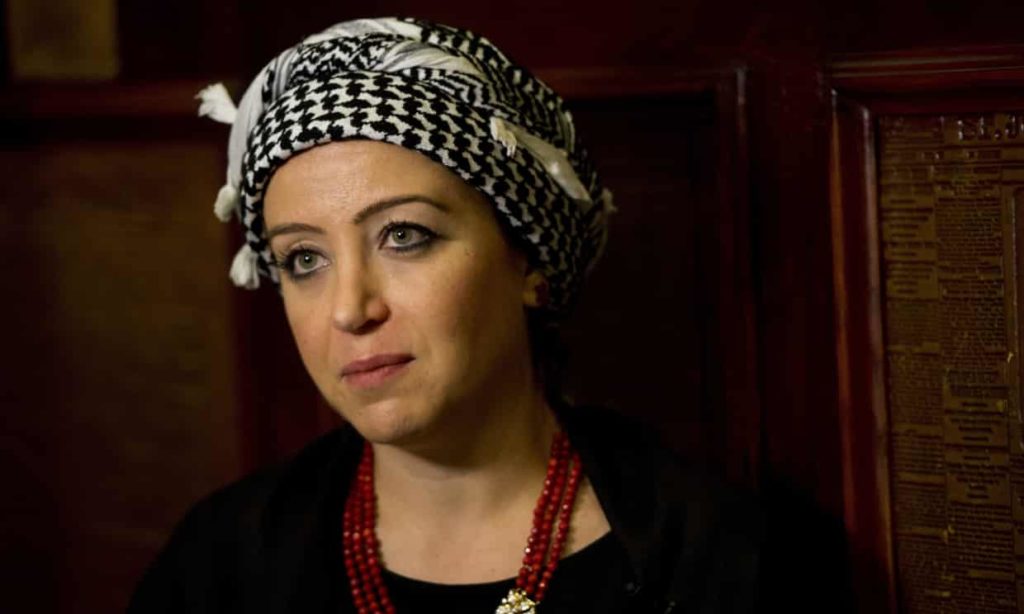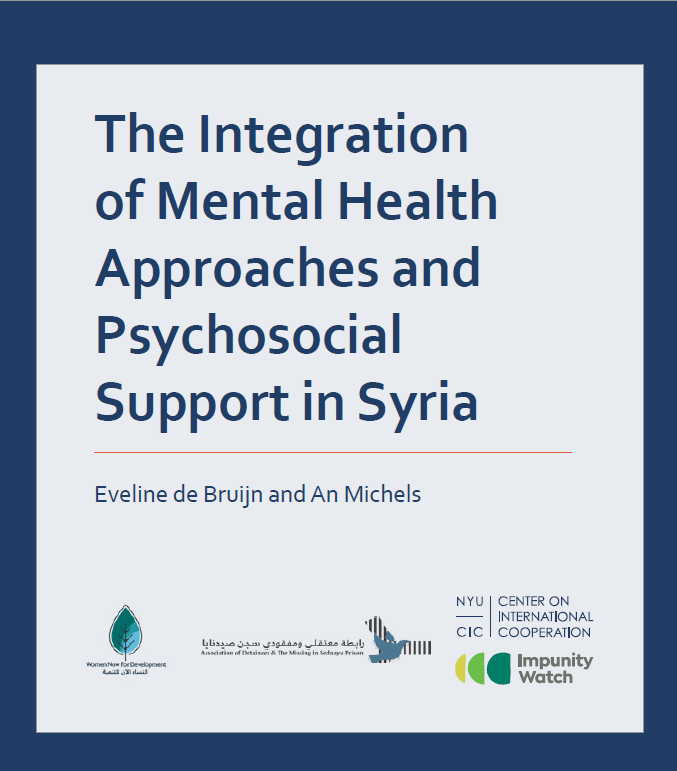
Source: The Guardian
When the bombs start falling, two dozen adults and children gather in one room in Bayan Wehan’s home in besieged eastern Ghouta, Syria. They hold hands, hug each other and try to find hope.
“I put my brother’s daughter in my lap, she is five-years-old, and I try to make her forget the shelling noises. I tell her stories about beautiful things,” says Wehan, who has endured half a decade under siege.
“When the bombardment stops, for a little bit, we just go to prepare food, enough to stop ourselves starving,” she says. “Difficult as it is, I am better than thousands of other families. I have some wheat, and tomato sauce, which is one of the most luxurious foods in Ghouta.”
A human rights activist and women’s officer at a local council, Wehan is one of the women who have been keeping eastern Ghouta going and are now playing a prominent role in efforts to share news of a brutal bombing campaign by forces loyal to the Syrian president, Bashar al-Assad.
The human rights activist Bayan Wehan.
The human rights activist Bayan Wehan. Photograph: NGO
“Women are the sources for most of the stories we are hearing or reading,” says Zaina Erhaim, an exiled Syrian journalist. “I can name eight women in Ghouta I am following to get the daily news and only two men activists. Women are even the faces for the misery and the massacres.”
As an estimated 400,000 people trapped in the former breadbasket of Damascus face one of the most intense assaults of a long and bitter war, more women are telling their stories on camera and behind it. “They are doing videos speaking to the audience, publishing their personal and others’ stories on daily bases, speaking to media and giving their eyewitness accounts,” Erhaim says.
In other rebel-held areas, even during crises like the siege of Aleppo, women’s voices have been marginalised, sometimes by conservatives within their own communities and sometimes by the influence of hardline extremists from abroad. “In Aleppo you saw films, sometimes an hour long, where no woman even passed in front of the camera,” Erhaim adds.
Women’s prominence in eastern Ghouta may be partly because so many men are missing, having been killed or detained by forces loyal to the regime in the early years of the war, killed fighting or still serving on the front line. Many of their peacetime roles are now filled by women.
The area’s location on the outskirts of Damascus may also have made it easier for women to step into public roles, despite a relatively conservative community. It was easy for women to travel into the capital for work and education in the years before the war, and many did.
“Women in Ghouta are the majority, their numbers exceed those of men. They sacrificed and suffered more than men for the revolution,” says the paediatrician Amani Ballour in a video made shortly before the latest assault began.
In many areas, a revolution begun by men and women morphed into a war dominated by hardline Islamists with extremely conservative values who created extra challenges and risks for women. “Gender roles were very much emphasised by the war and patriarchal armed groups,” says Erhaim.
And while everyone in eastern Ghouta is suffering after years under siege, for women there are extra challenges.
“During menstruation, I wouldn’t know what to do, because there were no sanitary pads,” says the activist Lubna Al Kanawati in a video about life in the area. “This was just a small thing compared to all the other troubles, but it was huge for me as a woman living alone.
“After a while they started making homemade pads and diapers, and selling them on market stalls. They were knitted and covered with a layer of plastic. You couldn’t possibly use them.”
Al Kanawati has since left Ghouta, forced out in part by her worries about extremists moving into the area and crackdowns on female activists, but she works for an organisation that supports other women on the ground. Syrian feminists are campaigning to challenge gender stereotypes even during the war, and women like Wehan and Ballour refuse to be cowed.
“I hear a lot of criticism from people here – for example, why is a woman in charge of the hospital? Don’t we have male doctors? They say this openly,” Ballour says. “In my opinion, we can change this reality.
“Our society sees things from a particular perspective and it will always be this way if we remain scared, staying home and subject to the decisions made by our society.”


